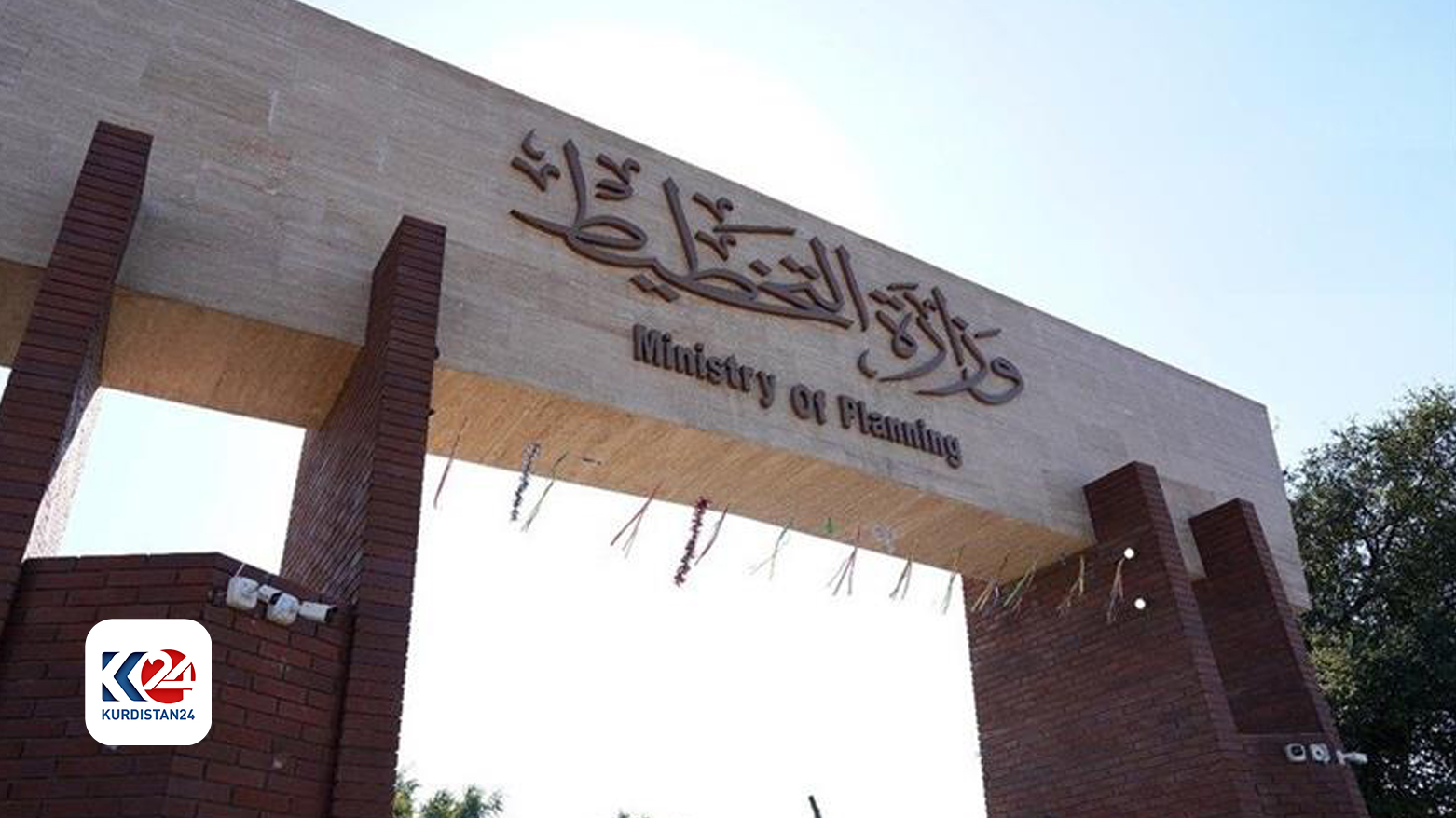Iraqi ministry contracts international firms for general population census
Despite the optimism, however, one continuous dispute in previous census attempts has been the Kurdish refusal to undergo such a tally while the issue of Kirkuk remains.

ERBIL (Kurdistan 24) – The Iraqi Ministry of Planning has revealed that four international companies specializing in population census operations will play a crucial role in conducting the upcoming Iraqi general census.
Contracts have been formalized between the Ministry of Planning's Geographical Information and Statistics System Authority and four international companies hailing from the United States, Finland, Canada, and China to oversee the population census.
The companies have been tasked with various responsibilities, including the development of tablets, establishment of census information centers and operations rooms, and the creation of an electronic census program. The census is scheduled to take place in November this year across Iraq.
Spokesperson for the Iraq’s Ministry of Planning Abdul-Zahra Al-Hindawi, highlighted the significance of these partnerships in ensuring the success and accuracy of the census process.
Despite the optimism, however, one continuous dispute in previous census attempts has been the Kurdish refusal to undergo such a tally while the issue of Kirkuk remains.
Kurdish parties have voiced concerns over the “demographic changes” that have taken place in Kirkuk province following the events of Oct. 16, 2017, in which Kurdish forces were ousted by Iranian-backed Shiite militias and the Iraqi army.
Since then, a significant number of Arab families have moved into the province, threatening the historically Kurdish-majority demographics of certain areas.
In addition, the 1970s saw the Ba'athist regime beginning a massive campaign to change the demography of the province, resettling Arabs and seizing lands owned by Kurds, who today often resort to using Ottoman-era titles and deeds to prove their case.
Ratified in 2005, Article 140 of the Iraqi Constitution stipulates that the status of the province is to be decided by conducting a census, followed by a referendum, and ensuing de-Arabization of the area.